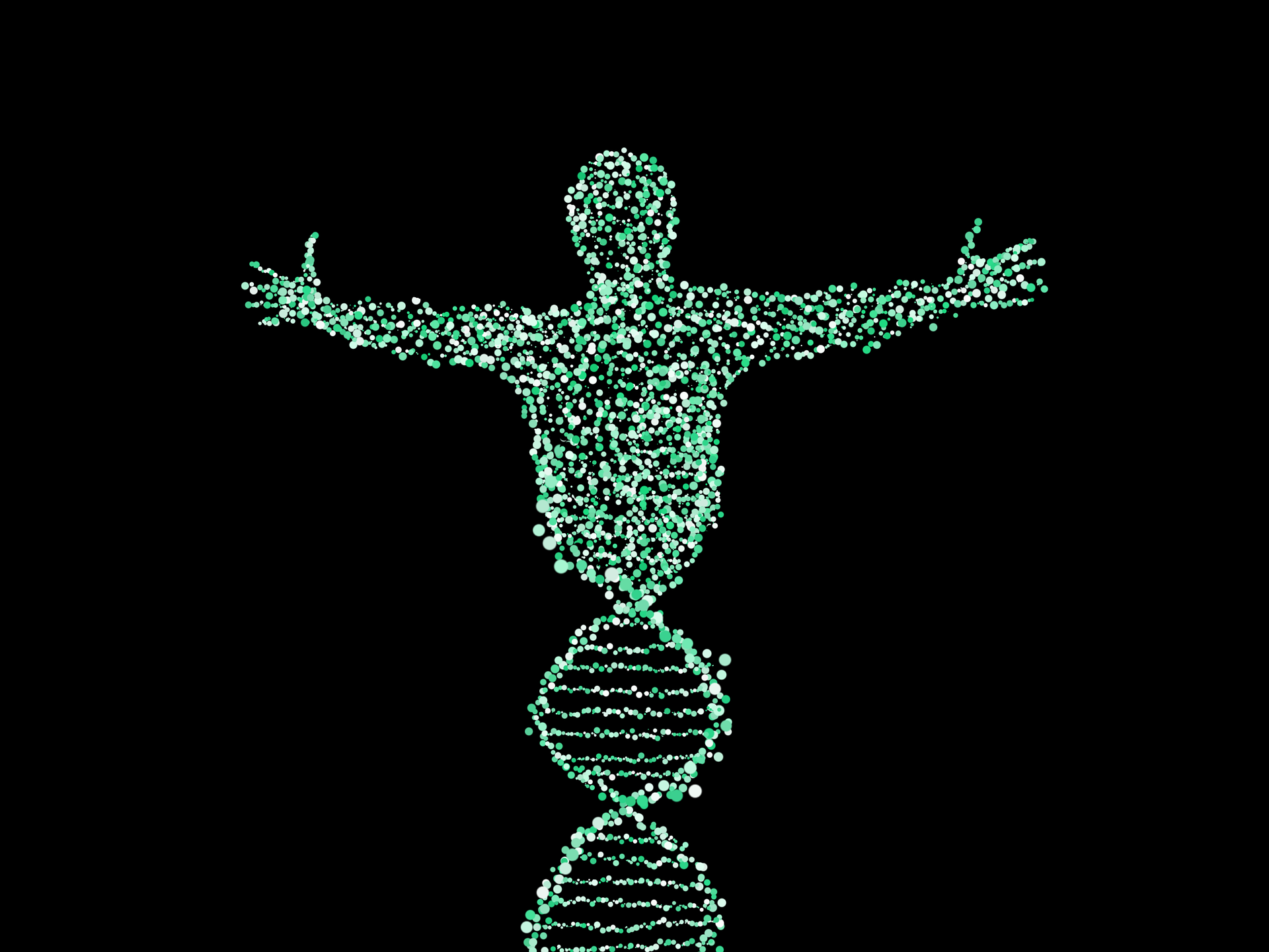Externalizing Study Finds Genetic Associations With Traits Related to Self-Regulation and Addiction
August 30, 2021

A new study led by EDGE Director, Danielle Dick, Ph.D. and other researchers from the University of Wisconsin Madison and Vrije Universiteit Amsterdam, Philipp Koellinger, Ph.D., the Population Research Center at The University of Texas at Austin, Kathryn Harden, Ph.D., and the University of California, San Diego, Abraham Palmer, Ph.D. recently published an article in Nature Neuroscience describing their analysis of data from over one million people in which they found over 500 locations within the human genome associated with predispositions to various human behaviors.
The study focused on behaviors and disorders such as self-regulation, substance use, antisocial behavior, and attention-deficit/hyperactivity disorder, which all have similar genetic liabilities. A multivariate application was used to find correlations among externalizing traits for genome-wide association analyses. The large population of roughly 1.5 million participants ensured that the study was more statistically sound than single-trait analyses. After over 500 genetic loci were identified and then enriched through genes, their locations were found throughout the brain and associated with nervous system development. Through the results, a polygenic score was constructed which predicts behavioral and health outcomes not related to the genomic-wide analyses, and complications with self-regulation can be gestated as a neurodevelopmental trait.
To learn more about the study in Danielle Dick's words, visit the VCU News Press Release.
To read this publication, visit Nature Neuroscience.
To learn more about the Externalizing Consortium, please visit www.externalizing.org
